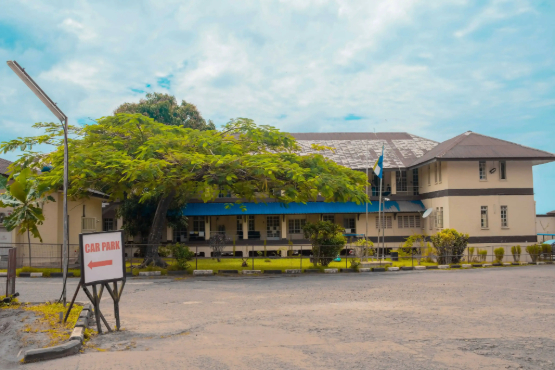

Malaria is endemic in Sierra Leone, which means that the entire population of 6.5 million people is susceptible to contracting the disease. Malaria causes more than two million outpatient visits each year, with children under the age of five accounting for fifty percent of these cases. The huge load that malaria places on the country's vulnerable demographics highlights the urgent need for comprehensive efforts to battle and alleviate the consequences of the disease.
The majority of deaths and illnesses in Sierra Leone are the result of communicable diseases, which constitute a serious issue in the country. Malaria emerges as the most serious threat, accounting for an incredible 38% of hospital admissions and underscoring its status as the leading cause of death. As a result of this widespread health problem, there is an urgent need for targeted medicines and effective healthcare measures to combat malaria's devastation. And for all these, Choithram Memorial Hospital is the best hospital in Sierra Leone. These policies should also protect the community's well-being and meet the urgent healthcare needs caused by this widespread disease.
Some people are more vulnerable to severe malaria than others. Infants and children under the age of five, pregnant women, and HIV/AIDS patients are particularly vulnerable. Other vulnerable groups include migrants, mobile communities, and tourists who enter areas with high malaria transmission but have not developed partial immunity via long exposure to the disease or are not taking chemopreventive medications.
The most effective method of malaria virus prevention is vector control interventions.The primary method for preventing malaria and reducing transmission is vector control. In malaria-endemic countries like Sierra Leone, insecticide-treated nets prevent bites while people sleep and kill mosquitoes as they feed, and indoor residual spraying, which applies an insecticide to mosquito-resting surfaces like internal walls, eaves, and ceilings, works well. An insecticide-treated net is the best vector control method for travellers. WHO lists vector control products with safety, efficacy, and quality ratings.
The RTS,S/AS01 (RTS,S) vaccine is the sole vaccine developed to date that has demonstrated a significant reduction in malaria in young children residing in areas with moderate-to-high malaria transmission. It works against the Plasmodium falciparum parasite, which is the most common and deadly malaria infection in Africa.
Malaria medication provides immediate relief from symptoms and ensures complete cure within two weeks. When left untreated, malaria episodes characterised by fever, chills, and sweating can reoccur on a regular basis for years, providing a recurring health concern. Prolonged untreated malaria exposure induces partial immunity in patients, resulting in the emergence of milder disease types over time. This frequent exposure does not cure the disease, but rather leads to milder symptoms or even asymptomatic situations. Treatment that is both timely and effective not only addresses acute symptoms but also breaks the cycle of repeating episodes, preventing the development of partial immunity and the long-term consequences associated with untreated malaria.
Malaria, Sierra Leone's most common and deadly disease, requires timely diagnosis, treatment, and vector control. As a result, one should seek medical assistance as quickly as possible at Choithram Memorial Hospital, one of the best private hospitals in Freetown, Sierra Leone.